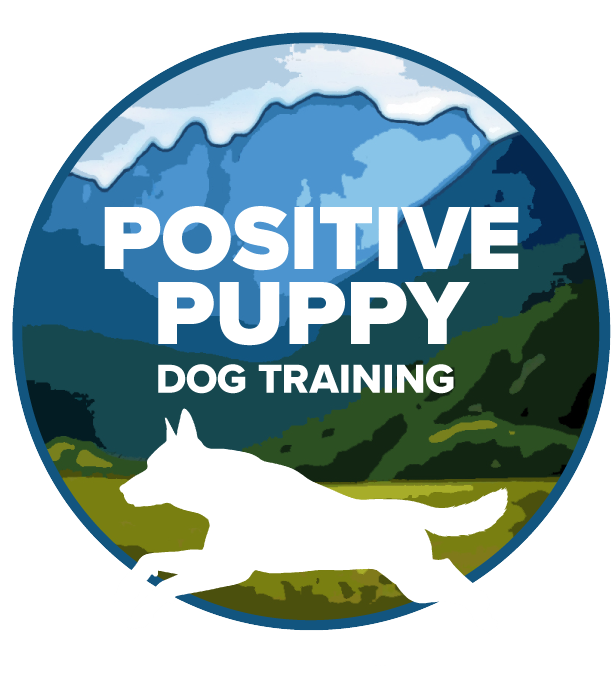Is the Domestic Dog Anything Like The Wolf?
So much talk today that the domestic dog is no longer anything like his ancestor, the wolf. Many believe that because of domestication, the dog no longer shares any wolf behaviors. On some level, behaviors have changed so the domestic dog can live with humans. Dogs have become much more biddable meaning they want to learn, work with, and be trained to live in our society. It is highly unlikely that wolf will accept training to live in our society.
Many of us see “wolf behavior” as aggression and we are deeply afraid of aggression so we tend to emotionally remove the dog from “wolf behavior” in general. We WANT to see the dog as an entirely different species especially when we look deep into the eyes of our beloved Labrador, or Chihuahua.
There are facts that we now cannot dismiss. Dogs are genetically 99.9% the same as wolves. We also have studies now that document that dogs are actually more aggressive than wolves! That sure surprised me when I saw that!
What wolf behaviors do dogs share? Chasing things that move especially in our beloved herding dogs (Border Collies and Aussies as an example), pouncing on toys, shaking toys (many terriers do this behavior), hunting (German Shorthair Pointers, Labradors, Golden Retrievers) are all examples of wolf behaviors. These traits are genetically inherited in our dogs to help man to survive.
My favorite wolf behavior that dogs have inherited is opportunism! Yes, we all know that if we leave a roast on the counter, chances are our larger breed dog will help themselves! Any self respecting wolf is going hunt for the easiest mark – the sick elk or deer, or smallest one. You would never see a wolf choose to hunt the largest bull elk or bull moose unless it was sick.
When training a dog, we can use his natural opportunistic behavior to our benefit. This is one reason why training with food can be very successful with a dog, unless, of course, he has free food in his bowl all day. What self respecting dog is going to choose to work for food if he has free food in his bowl?
Once we understand the basic nature of dog behavior, it becomes enormously easier to train, enjoy and live with our dogs. When we think of dogs a furry humans, training becomes much more difficult because they simply do not think like humans. While dogs are not wolves, understanding heritage can be enormously helpful, and no you don’t have to be a wolf expert, but you do have to understand that a dog is not a human.
Caption:
“Here, Kalidor mimics wolf behavior by diving for a snow ball. This behavior is identical to a wolf pouncing on a mouse in a field for food.”

